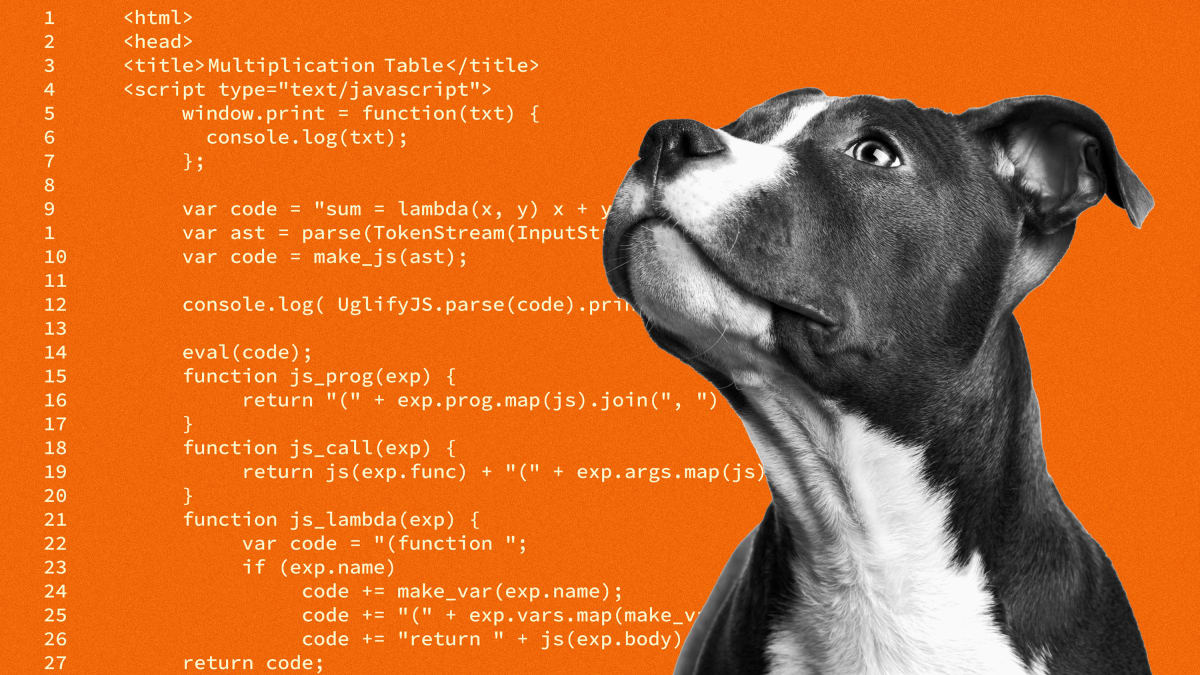When Cory Padilla noticed enlarged lymph nodes in his dog Copper’s neck, along with symptoms like diarrhea and droopy eyes, he realized it was time for a visit to the vet. Padilla initially suspected a different ailment common in hounds, but the vet’s diagnosis of lymphoma, a prevalent cancer in dogs, shattered his hopes.
The news was devastating for Padilla, as untreated canine lymphoma typically leads to fatal outcomes within a matter of weeks. Seeking information and solutions, Padilla turned to online resources and came across ImpriMed, a company established in 2017. ImpriMed utilizes artificial intelligence and in-depth analysis of live cancer cells to offer personalized predictions on drug responses for dogs with lymphoma.
Once ImpriMed receives the live cancer cells at their California lab, they perform various tests, including flow cytometry to differentiate lymphoma subtypes, cell analysis, and drug sensitivity testing. By ranking 13 anticancer drugs commonly used for lymphoma treatment, ImpriMed aims to guide veterinarians and pet owners in making informed decisions tailored to their dog’s specific condition.
ImpriMed’s approach not only focuses on selecting the most suitable treatment but also emphasizes cost-effectiveness by avoiding ineffective treatments. By leveraging proprietary AI algorithms and real-world treatment outcomes, ImpriMed provides clients with personalized drug response predictions, offering a more targeted and efficient approach to cancer treatment for dogs.
While traditional canine lymphoma treatment often involves chemotherapy with a standard protocol known as CHOP, which includes four drugs, such as doxorubicin and prednisone, the approach may not account for individual variations in treatment response or financial constraints. ImpriMed’s service, on the other hand, offers insights into the most effective drug options based on the dog’s lymphoma type, potentially saving both time and money in the treatment process.
Despite the promise of ImpriMed’s technology, some pet owners, like Susie Araiza, have encountered challenges with the predictive drug panels. Araiza’s experience highlights the importance of considering the full clinical picture of the animal and consulting with veterinary experts to make well-informed treatment decisions.
While AI-driven tools like ImpriMed hold significant potential in advancing cancer treatment for pets, experts emphasize the need for a balanced approach that integrates AI predictions with clinical expertise. While the road to fully trusting AI systems in veterinary medicine may require further refinement, ongoing research and real-world data analysis aim to enhance the accuracy and accessibility of such technologies.
As the field of veterinary oncology continues to evolve, tools like ImpriMed offer a glimpse into a future where personalized medicine for pets could significantly improve treatment outcomes. Despite the challenges of accessibility and accuracy, the dedication to advancing cancer treatment options for beloved pets remains a driving force in the development of innovative solutions like ImpriMed.






